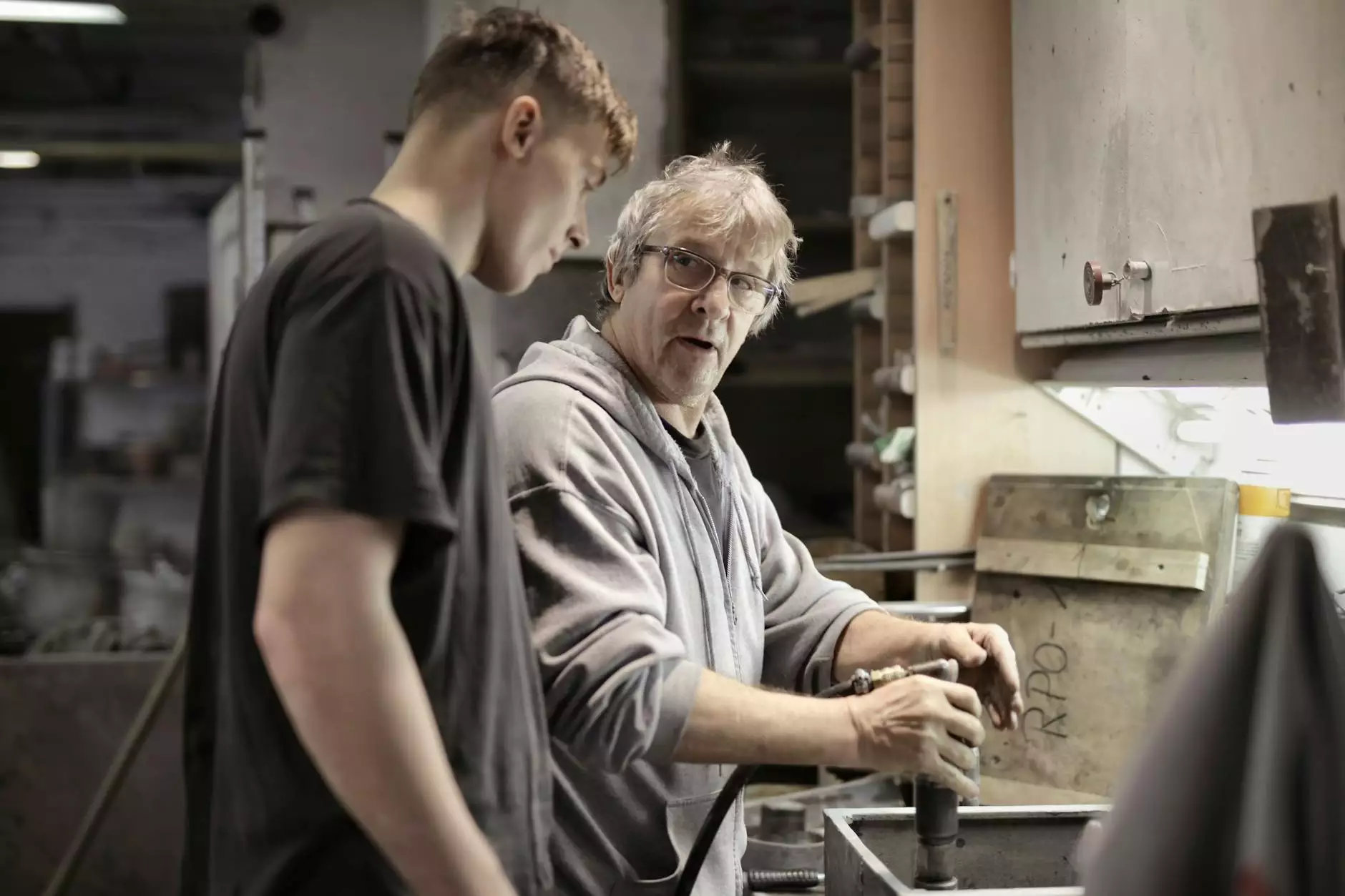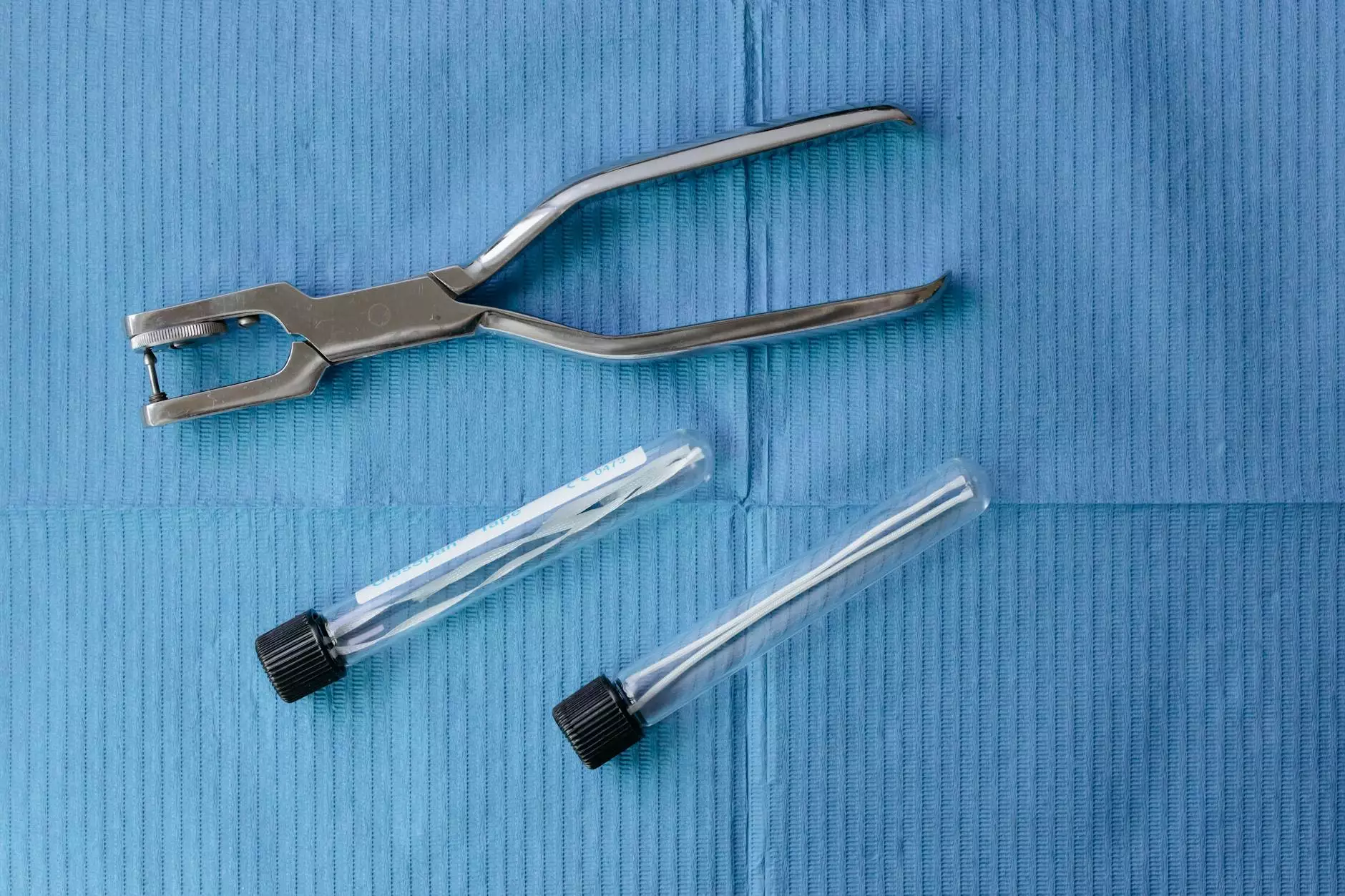The Pivotal Role of Car Auto Parts Manufacturers in the Automotive Industry

Car auto parts manufacturers stand at the fundamental intersection of vehicle safety, performance, and sustainability. As the backbone of the automotive sector, they ensure that cars not only function effectively but also meet the stringent regulations required in today's market. From the mere assembly of individual components to the integration of cutting-edge technology, the landscape of auto parts manufacturing has evolved dramatically over the years.
1. The Importance of Car Auto Parts Manufacturers
Understanding the necessity for auto parts manufacturers involves recognizing their multifaceted contributions:
- Quality Assurance: Manufacturers maintain high-quality standards through rigorous testing and quality control measures.
- Innovation: They invest in research and development to produce parts that enhance performance, safety, and fuel efficiency.
- Global Economy: Car parts manufacturing plays a significant role in global trade, creating jobs and stimulating economic growth.
- Sustainability: Many manufacturers are transitioning to environmentally friendly practices, reducing waste and utilizing recycled materials.
2. Types of Car Auto Parts Manufactured
The realm of automobile manufacturing encompasses a broad spectrum of components. Here is a detailed breakdown:
2.1 Engine Components
The engine is the heart of any vehicle, and its components are among the most critical parts produced by car auto parts manufacturers. This includes:
- Pistons
- Crankshafts
- Cylinder heads
2.2 Transmission Parts
Transmission systems ensure that power from the engine is effectively transferred to the wheels. Key components include:
- Gearboxes
- Clutches
- Torque converters
2.3 Electrical Systems
With the rise of electric and hybrid vehicles, the relevance of electrical components has surged, including:
- Alternators
- Starter motors
- Batteries
2.4 Chassis and Suspension
The chassis provides the vehicle structure, while the suspension determines ride quality and handling. Important parts are:
- Frames
- Shocks and struts
- Control arms
2.5 Body Parts
Exterior and interior parts contribute not just to aesthetics but also to safety. Components include:
- Bumpers
- Fenders
- Dashboard assemblies
3. The Evolution of Car Auto Parts Manufacturing
The automotive industry has witnessed rapid advancements in manufacturing technology. The evolution can be categorized into several eras:
3.1 The Early Years
Initially, car parts were crafted by hand, leading to significant variability in quality. Each vehicle was unique, creating challenges for maintenance and repair.
3.2 The Assembly Line Revolution
The introduction of the assembly line by Ford in the early 20th century revolutionized manufacturing. This change allowed car auto parts manufacturers to mass-produce components with unprecedented efficiency and consistency.
3.3 The Rise of Automation and Robotics
In the late 20th century, automation began to dominate the production landscape. Robotics and computer-aided design (CAD) have enhanced precision and reduced lead times.
3.4 Today’s Smart Manufacturing
The fourth industrial revolution has integrated smart technologies, including IoT and artificial intelligence, within manufacturing processes. This advancement facilitates real-time monitoring and predictive maintenance, optimizing production lines.
4. Challenges Facing Car Auto Parts Manufacturers
Despite their significant contributions, car auto parts manufacturers face numerous challenges that require innovative solutions:
4.1 Global Supply Chain Issues
Recent events have highlighted vulnerabilities in global supply chains. Manufacturers must now address disruptions and seek resilient sourcing strategies to mitigate risks.
4.2 Compliance with Regulations
As governments worldwide enforce stricter environmental and safety regulations, manufacturers must innovate while conforming to these mandates.
4.3 Adapting to Electric Vehicle Demand
The rising popularity of electric vehicles (EVs) necessitates a shift in manufacturing priorities. Adapting to the specific parts required for EVs is crucial for manufacturers looking to remain competitive.
4.4 Competition and Market Saturation
The auto parts market is becoming increasingly saturated. Manufacturers need to differentiate their products through innovation and branding.
5. The Future of Car Auto Parts Manufacturing
Looking ahead, the landscape of car auto parts manufacturers is set to change significantly due to various trends:
5.1 Technological Advancements
Future manufacturing processes will leverage additive manufacturing (3D printing) to create complex components with less material waste.
5.2 Sustainability Initiatives
More manufacturers are prioritizing sustainability, focusing on eco-friendly materials, reducing carbon footprints, and implementing recycling programs.
5.3 Enhanced Collaboration
Collaboration between manufacturers, software developers, and technology firms will result in more integrated automotive systems, leading to higher overall vehicle performance.
5.4 Consumer-Centric Innovations
As consumers demand more personalized vehicle features, manufacturers will need to enhance product offerings, focusing on customizable options that cater to consumer preferences.
6. Choosing the Right Car Auto Parts Manufacturer
Having established the critical impact of car auto parts manufacturers, selecting the right partner is essential for businesses in the automotive sector. Here are some factors to consider:
6.1 Reputation and Experience
Choose manufacturers known for their reliability and industry experience. Research client testimonials and case studies to gauge quality and service delivery.
6.2 Quality Assurance Processes
Investigate the quality control measures in place. A reputable manufacturer will have stringent testing processes to ensure compliance with international standards.
6.3 Technology and Innovation
For businesses interested in cutting-edge technology, select manufacturers that invest in R&D and embrace new manufacturing techniques.
6.4 Customer Support and Service
A responsive customer service team can help address concerns and streamline communications, enhancing overall partnership experiences.
Conclusion
In conclusion, car auto parts manufacturers play a critical role not just in the functioning of vehicles but also in shaping the future of the automotive industry. Their unwavering commitment to quality, safety, and innovation underpins their importance; as technology continues to evolve, these manufacturers will remain integral to the automotive landscape. By understanding their significance, challenges, and the future trajectories, stakeholders can appreciate the value these manufacturers provide in driving the industry forward.









